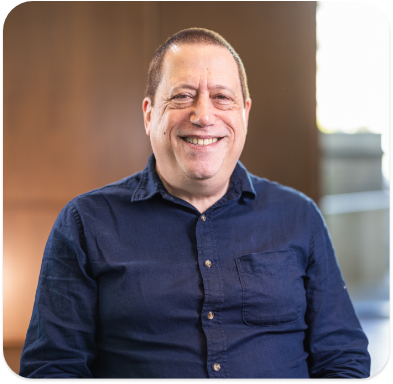Program Overview
The Ph.D. in Transformative Social Change offers an interdisciplinary curriculum that equips students with the tools to drive impactful solutions for global and local challenges. The program is rooted in humanistic values and emphasizes ethical leadership, social justice, and innovative strategies for creating sustainable change.
- Core Topics Include:
- Advanced leadership strategies for systemic transformation.
- Intersectional approaches to social equity and justice.
- Mindfulness and resilience in change management.
- Research methodologies to inform and implement effective social interventions.
This fully online program is ideal for working professionals seeking to deepen their expertise and expand their influence in social change.
Career Outlook
Graduates of the Ph.D. in Transformative Social Change are equipped to pursue high-impact roles across various fields, including:
- Nonprofit Leadership: Oversee organizations dedicated to advocacy, equity, and community-building.
- Social Policy Development: Shape policies and frameworks that address systemic social and environmental challenges.
- Community Organizing and Activism: Lead initiatives that empower communities and foster long-term resilience.
- Conflict Resolution and Mediation: Facilitate solutions in complex disputes within organizational and societal contexts.
- Higher Education and Research: Educate future leaders and contribute to advancing knowledge in transformative social change.
- Corporate Social Responsibility: Guide organizations in implementing ethical and sustainable practices.
This program prepares graduates to make a lasting impact by leading innovative efforts to create a more equitable and sustainable world.
Connect with Us
Saybrook Learning Model
Online learning fueled by community and connection defines the Saybrook experience. As pioneers of the virtual classroom, we understand there is no substitute for the joy, belonging, and exploration that occurs when we collaborate as a community. The University Learning Experiences were designed to foster this collaboration and connection regularly.
- Residential Learning Experiences (RLE)
At these in-person intensives, clinical program students put theory into practice, hone clinical skills, gain professional guidance from experienced faculty, and acquire the residential hours required for clinical licensure. - Virtual Learning Experience (VLE)
Explore, collaborate, and deepen your engagement with your learning community. These online, synchronous events foster rich interactions beyond the classroom with your classmates and faculty. - Community Learning Experience (CLE)
Form meaningful connections, explore new ideas and perspectives, and immerse yourself in a transformative experience during this in-person, five-day event with the entire Saybrook University community.

Transformative Social Change Faculty
Saybrook’s Transformative Social Change faculty are practitioner-scholars dedicated to advancing their field through continued practice and comprehensive instruction. Meet some of our faculty members below.

Joel Federman, Ph.D.
- Project Director/Co-Author, The Choices and Consequences Evaluation
- Member, Academic Council of the American Friends of Combatants for Peace
- Specialist in globalized movements for social justice, human rights, peace and democracy
- Writing published in Common Dreams, the Los Angeles Times, Tikkun Magazine, UNESCO International Clearinghouse on Children and Violence on the Screen, among others